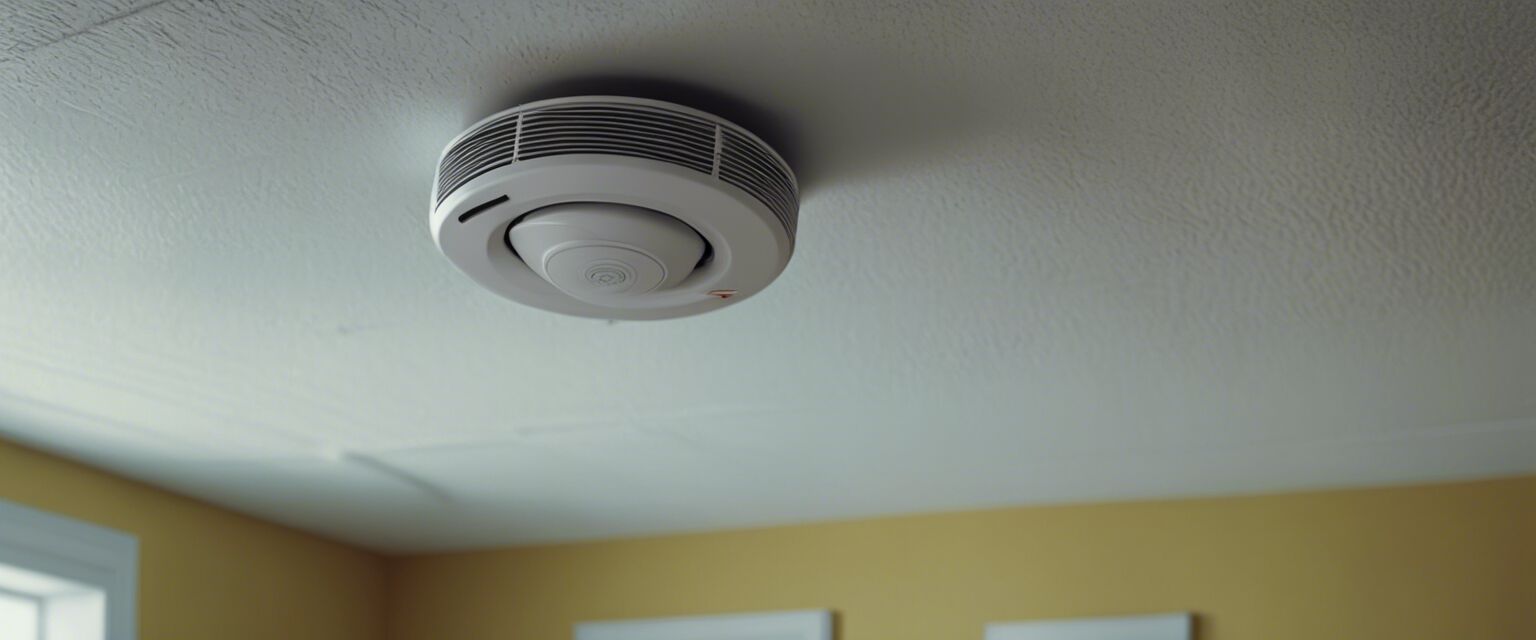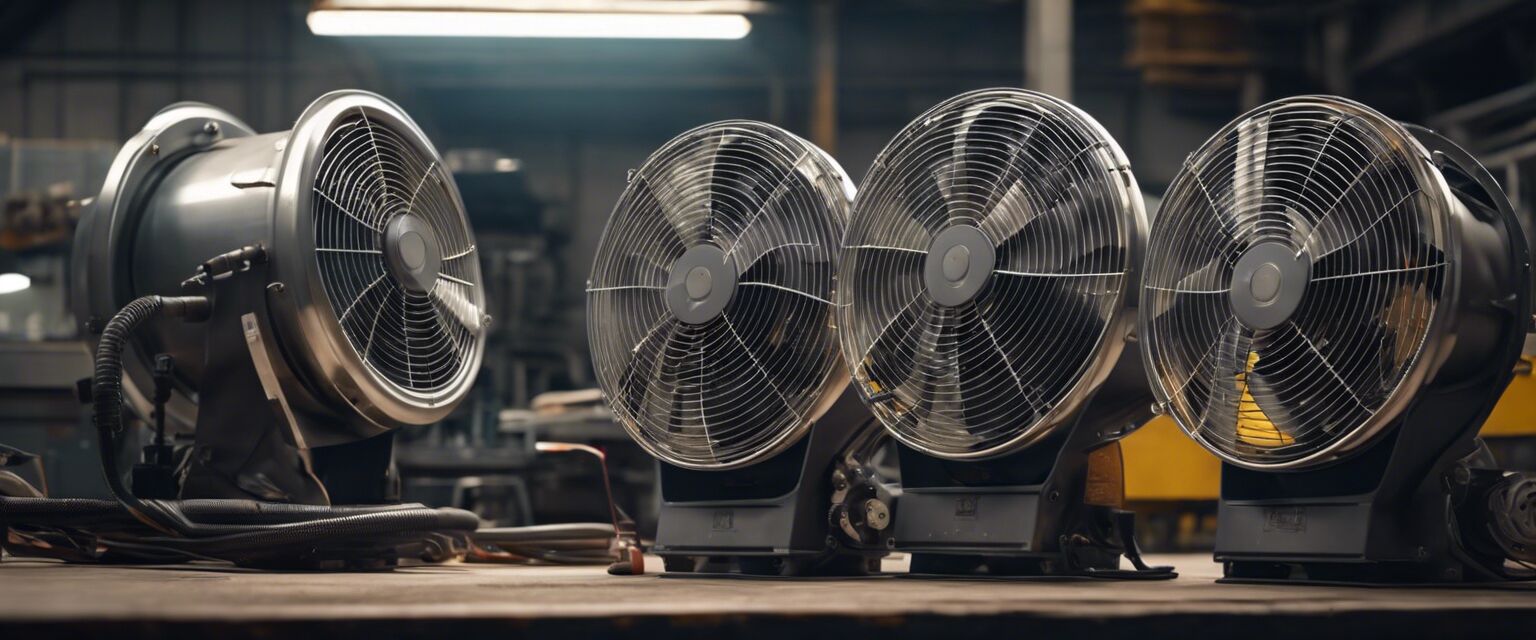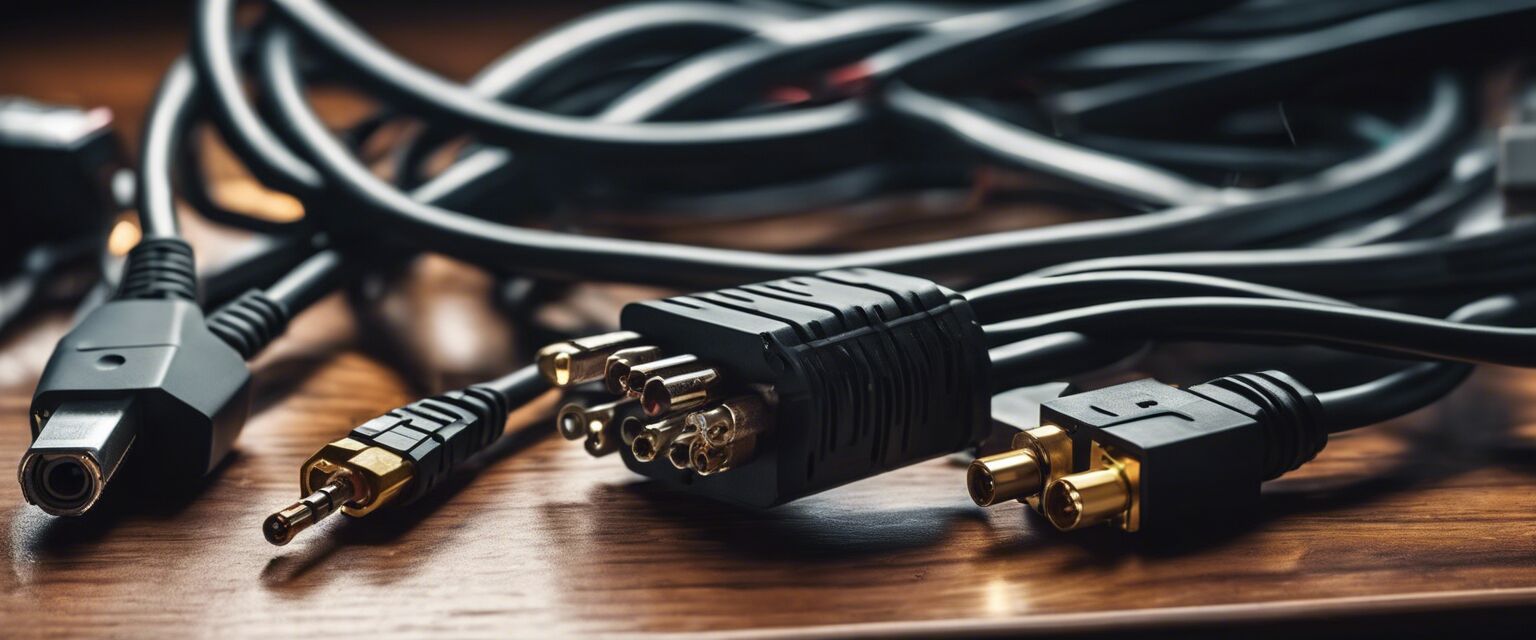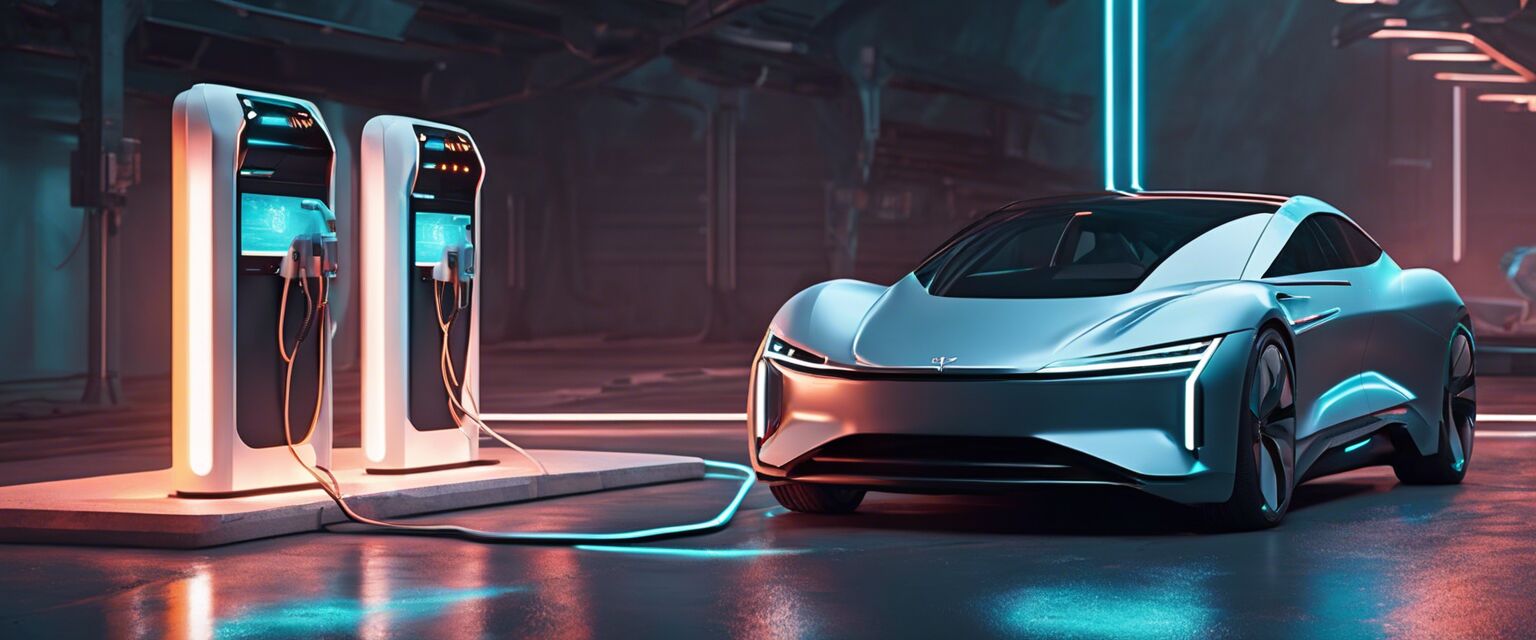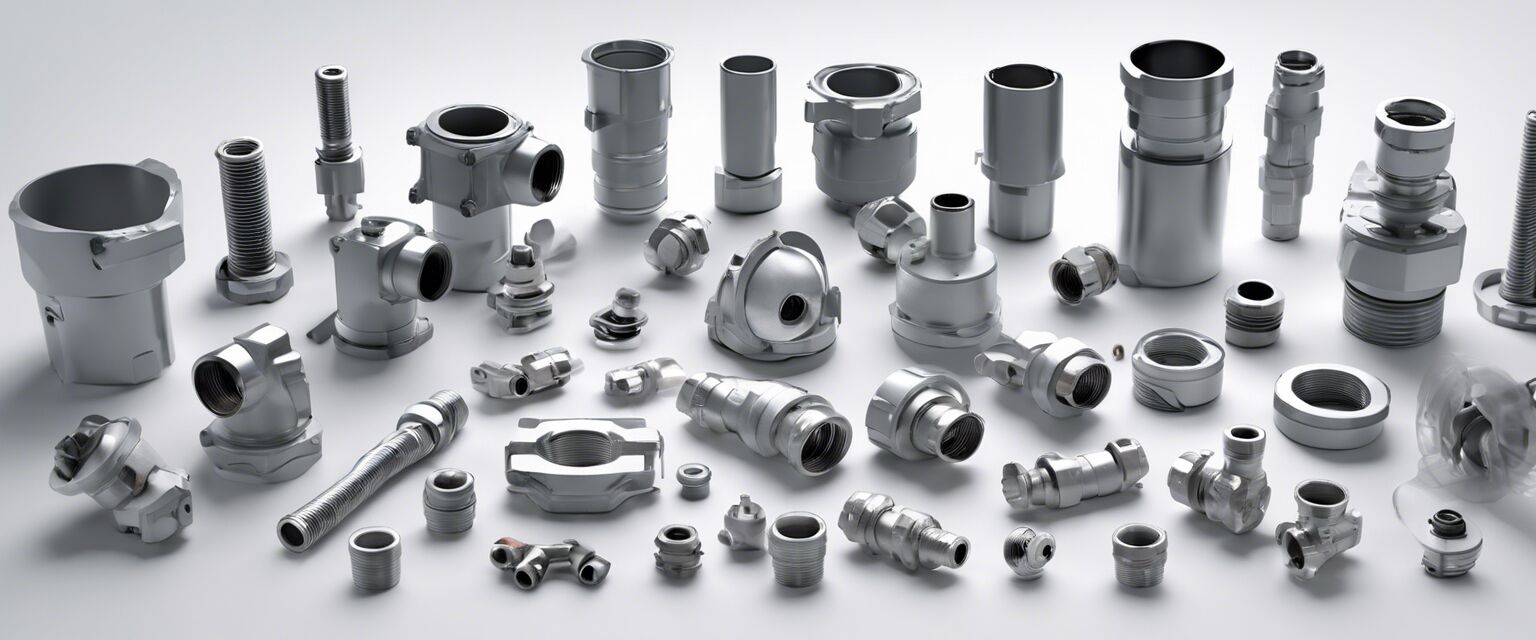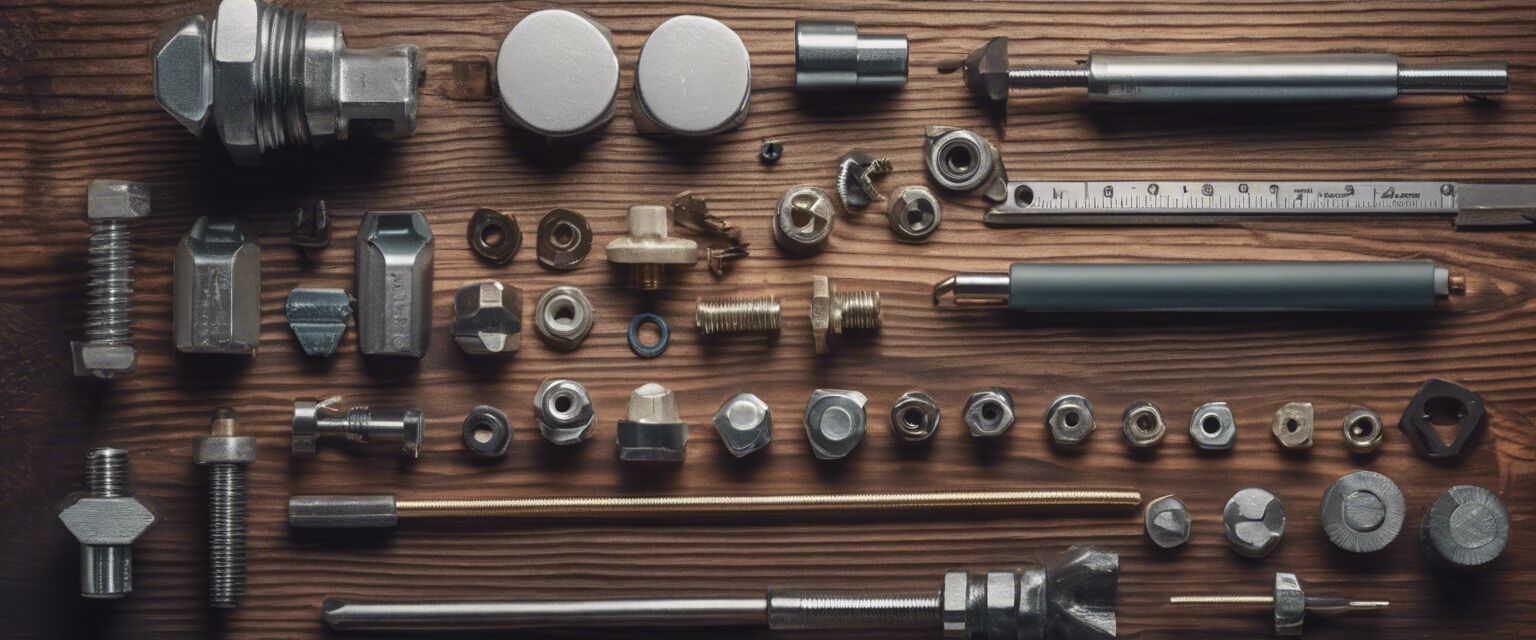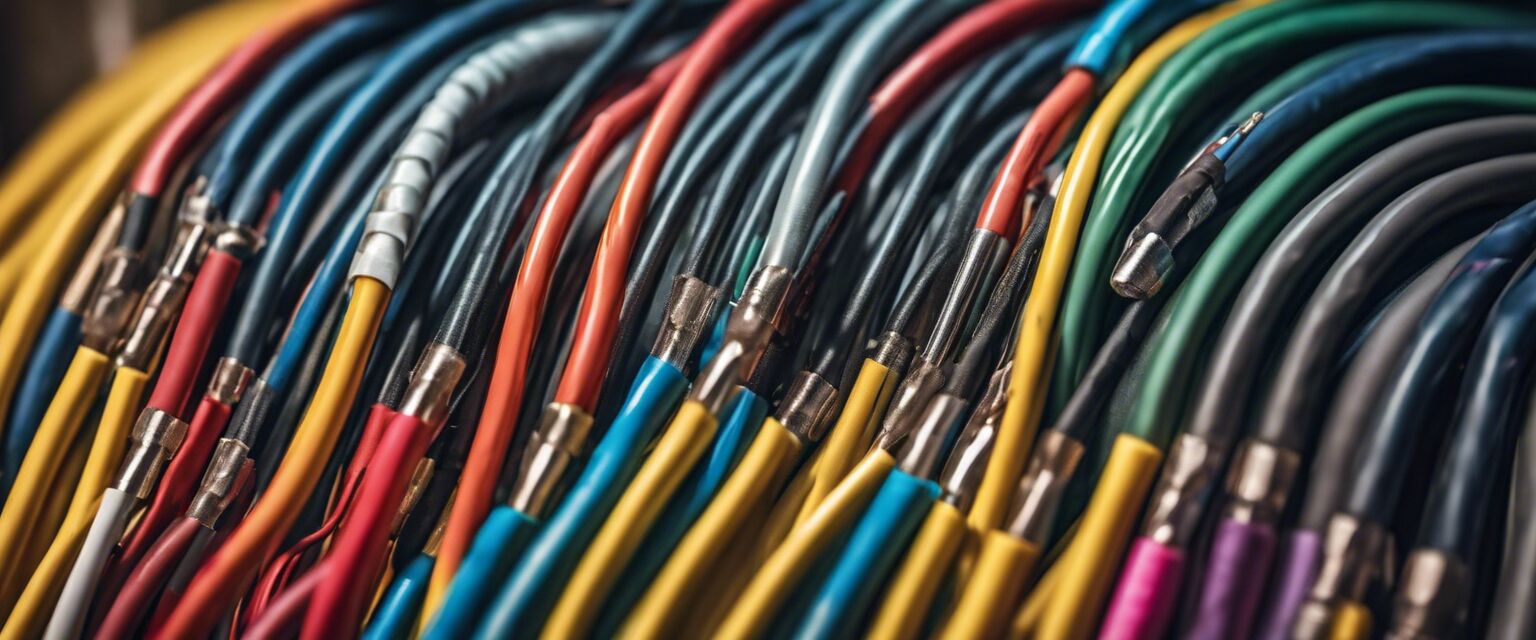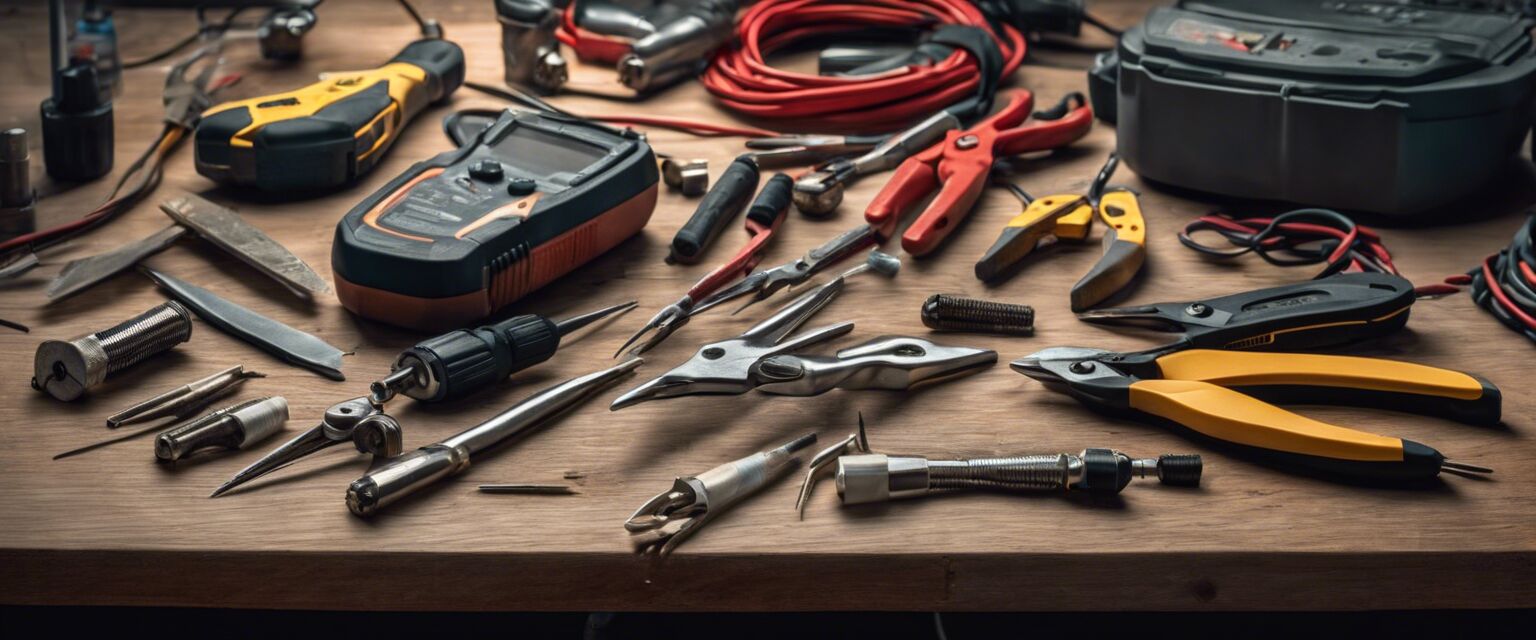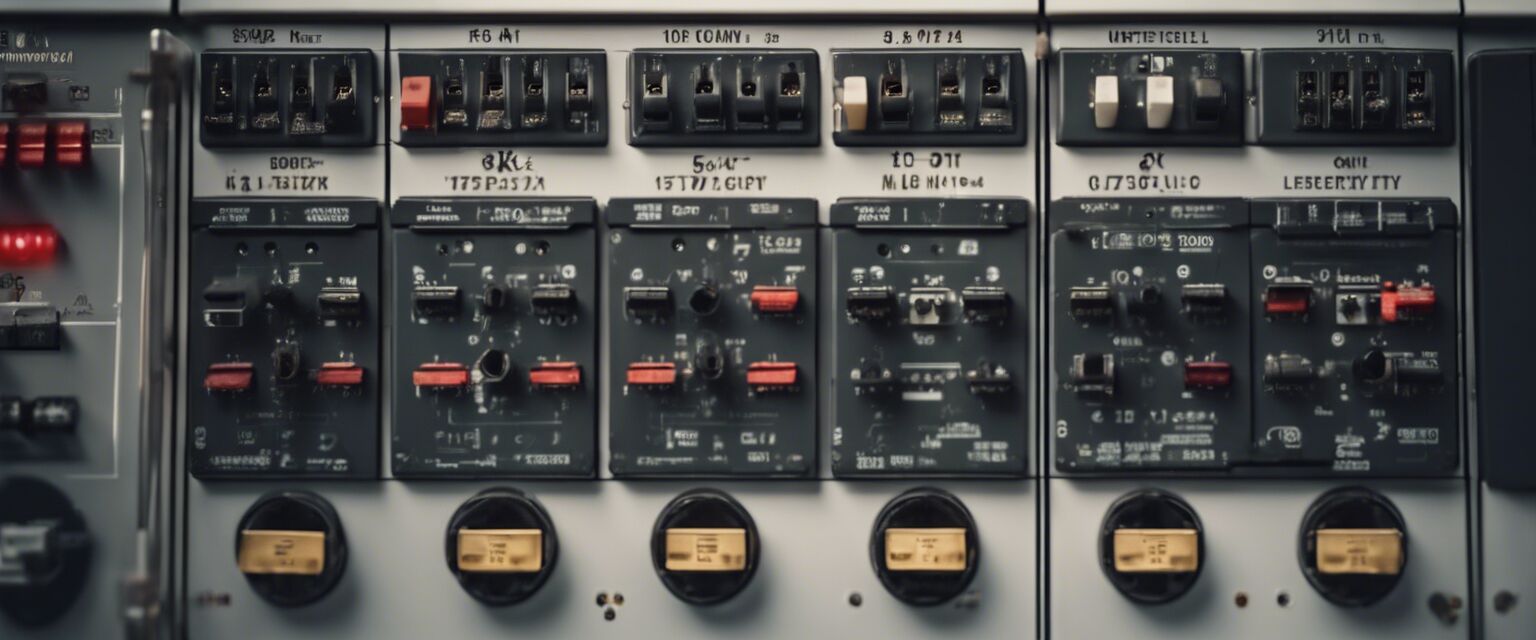
Contactors: The Heart of Electrical Control Systems
Contactors are a crucial component in electrical control systems, playing a vital role in controlling and regulating the flow of electrical power. In this article, we'll delve into the world of contactors, exploring their types, uses, and specifications to help you make informed decisions for your electrical projects.
Key Takeaways:
- Contactors are electrical switches that can be controlled remotely.
- They're used in a wide range of applications, from HVAC systems to industrial machinery.
- There are several types of contactors, including electromechanical, solid-state, and hybrid contactors.
- Contactors have specific specifications, such as voltage, current, and power ratings.
What are Contactors?
A contactor is an electrical switch that can be controlled remotely, typically using an electrical signal. It's essentially an electrically controlled switch that allows you to turn on or off a circuit or device from a distance.
How Do Contactors Work?
Contactors work by using an electromagnet to attract or repel a set of contacts, which completes or breaks the circuit. When the electromagnet is energized, the contacts close, allowing the circuit to flow. When the electromagnet is de-energized, the contacts open, interrupting the circuit.
Types of Contactors
| Type of Contactor | Description | Advantages | Disadvantages |
|---|---|---|---|
| Electromechanical Contactor | Uses an electromagnet to attract or repel contacts | High reliability, low cost | Susceptible to wear and tear, noisy operation |
| Solid-State Contactor | Uses electronic switches to control the circuit | Faster switching, low maintenance | Higher cost, sensitive to voltage fluctuations |
| Hybrid Contactor | Combines electromechanical and solid-state technologies | Balances reliability and performance | Higher cost, complex design |
Uses of Contactors
Contactors are used in a wide range of applications, including:
- HVAC systems: controlling compressors, fans, and pumps
- Industrial machinery: controlling motors, pumps, and conveyor systems
- Lighting systems: controlling lighting circuits and dimming
- Building automation: controlling heating, ventilation, and air conditioning systems
- Power distribution: controlling power distribution panels and switchgear

Specifications of Contactors
Contactors have specific specifications that need to be considered when selecting a contactor for your application:
| Specification | Description |
|---|---|
| Voltage Rating | The maximum voltage the contactor can handle |
| Current Rating | The maximum current the contactor can handle |
| Power Rating | The maximum power the contactor can handle |
| Operating Frequency | The frequency at which the contactor operates |
| Control Voltage | The voltage required to control the contactor |
Conclusion
Contactors play a vital role in electrical control systems, providing a reliable and efficient way to control and regulate the flow of electrical power. By understanding the different types of contactors, their uses, and specifications, you can make informed decisions for your electrical projects.
Pros
- High reliability and efficiency
- Wide range of applications
- Easy to install and maintain
Cons
- Susceptible to wear and tear
- Noisy operation
- Higher cost for solid-state and hybrid contactors
For more information on contactors and other electrical components, check out our conduit and conduit accessories page. We also have a range of tools and accessory kits to help you with your electrical projects.

Remember to always follow safety guidelines and best practices when working with electrical components. If you're unsure about any aspect of your electrical project, consult a licensed electrician or electrical engineer.


